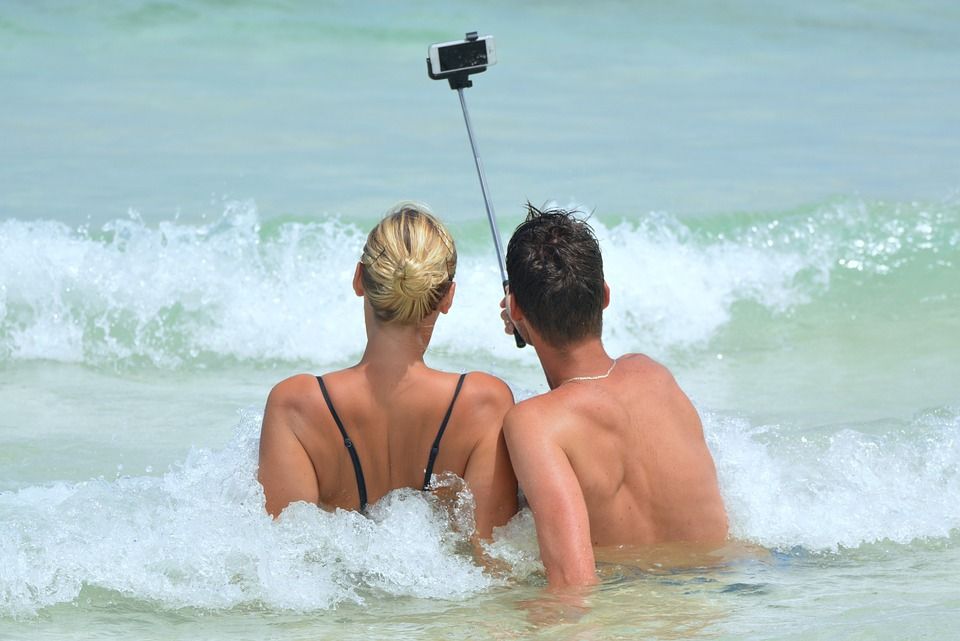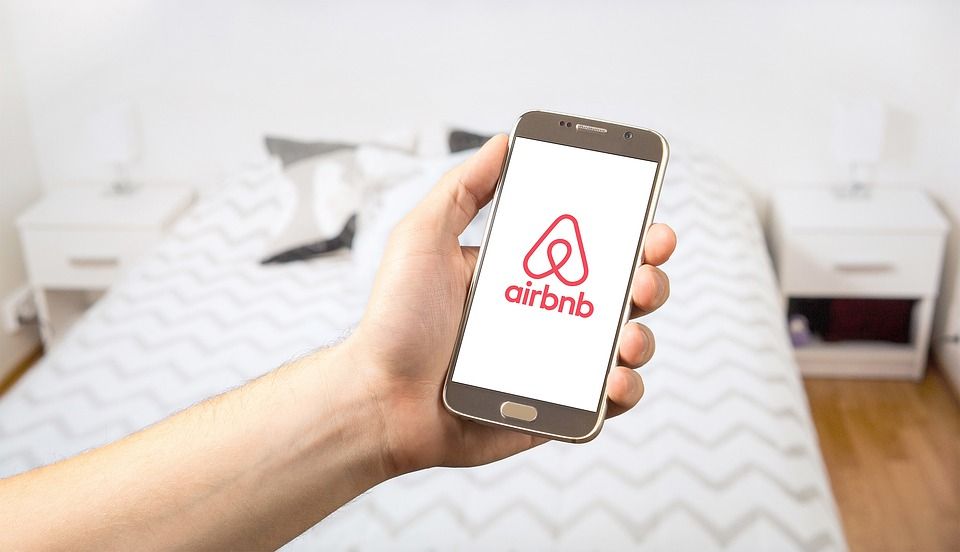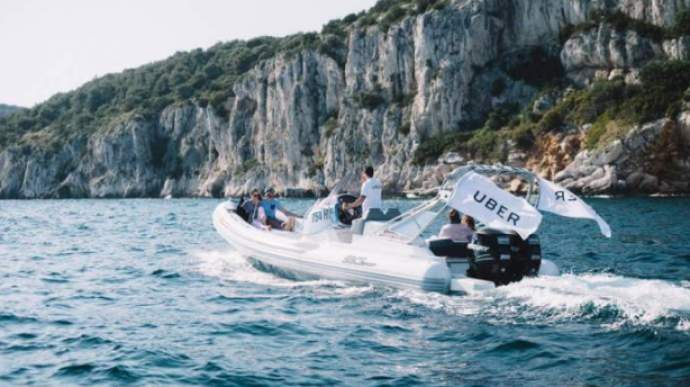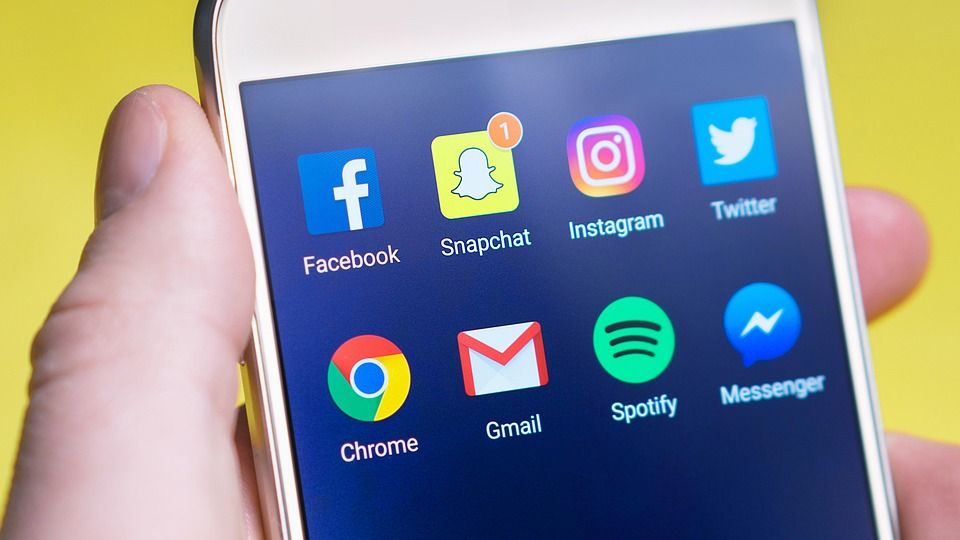Who will lose, and who will win in this era of the always-available mobile internet?
By abolishing roaming charges in the European Union with the so-called “Roam Like At Home” regulation, over 75 percent of tourists (EU citizens) visiting Croatia are changing their digital habits, which is already drastically affecting the hotels, apartment renters and restaurants owners, reports Netokracija.
In the EU, the roaming situation has changed from the expensive and difficult to fairly cheap and easy-to-use: mobile tariffs of the person’s home country are now applied abroad. Even countries outside the EU but in its close vicinitiy, such as Serbia, Montenegro, Bosnia and Herzegovina, Macedonia and Albania, have recently signed an agreement on mutual termination of roaming charges.
Real-time tourism is changing the rules of digital tourism

Pixabay
The term ‘real-time’ (economics) refers to the current situation in which transactions and information are exchanged in digital format – instantaneously. In the tourism sector, this means that a guest can “instantly” book accommodation through applications like Booking Now, discover a running route in an unknown city via SightRun or write a review of a restaurant right after leaving it. Although these and other digital channels have been key for tourism development in Croatia and the world for many years, their advantages were often minor due to the limited internet access the tourists had when travelling abroad. Although some tourists would buy SIMs from local operators, most relied on (free) WiFi networks in cafes, hotels and apartments. These limitations have restricted the existing habits of using digital services. Research done by the WorldSIM company in 2016 has shown that 85 percent of tourists use smartphones when travelling, and 45 percent consider the lack of Internet connectivity to be extremely irritating and impractical.
The availability of mobile Internet enables tourists to indulge in the familiar habits of googling tourist attractions and searching them on TripAdvisor and Foursquare. For example, a tourist driving on the highway near Krka waterfalls notices an ad for National Park Krka not on the billboard by the road, but on its smartphone application connected to 4G. The habits of planning the whole trip ahead are becoming old and outdated. Roaming restrictions have up until recently ‘condemned’ us to plan ahead either in our Airbnb apartment or in a cafe which had a fast and free wireless internet.
Spontaneous walk-in guests are delaying decisions until the last moment

Pixabay
Walk-in guests, i.e. tourists wishing to get accommodation without booking it ahead, have always been important. By abolishing roaming charges, these tourists will no longer wonder whether a certain hotel or accommodation is good or not, but will instead use the services like Booking, Airbnb and HotelTonight to book accommodation – on the go.The similar situation is with restaurants where guests standing in front of the restaurant will first check it out on TripAdvisor. Before, people would choose a restaurant based on its atmosphere or number of guests eating there, but nowadays you don’t have to guess – you only need to open a mobile app and read the reviews.
Due to the availability of information and equipped with mobile internet at all times, this new generation of tourists is more spontaneous, which is why they’re far more likely to use the last-minute arrangements or, for example, take UberBOAT for an unplanned trip to the islands. In fact, knowing that they can plan and book via smartphone, more and more guests will put off final decisions.
An application such as HotelTonight, which offers last minute hotel deals, has been downloaded 3 million times. Although HotelTonight is not yet available in Croatia, it is important to note that such applications are becoming more and more popular with the development of tourists’ digital habits.
It’s easier to call Uber (boat) if you have access to the Internet

One of the key topics of this tourist season was certainly the demonstrations of taxi drivers in Split, Dubrovnik and Zagreb who managed to irritate both citizens and tourists, and gave Uber the opportunity to promote their services – by drastically dropping the UberBoat price for a transportation to the airport (to the equivalent price of a regular Uber car service). Unfortunately, the taxi drivers will not benefit from real-time economics since they can not understand that users love using an application through which they can see the vehicle’s availability in real time, track it, pay for it, write a review, etc. Unlike in Croatia, many taxi companies around the world have realized that they need to provide a better digital service. Also, there are companies offering end-to-end solutions that Croatian taxi companies can integrate, such as TaxiStartup and Curb.
During the time roaming charges were still applied, taxi drivers could count on their visible stations at airports and around the city, but now, most tourists can call Uber immediately after landing in Dubrovnik or Split. Will the taxi drivers offer better digital service to their users – or will they block Brussels?
Let’s welcome the digital revolution

Pixabay
Keeping in mind that many tourists on social networks use emojis and hashtags to announce their departure, location or their choice of meal in a restaurant, their availability and presence on social networks opens up a space for ‘digital hospitality’ that otherwise would not be possible:
- Restaurant via Twitter can now recommend dishes even before the guest arrives
- Tourist Board via Instagram can recommend a wonderful beach
- Hotel can welcome guests even before arriving on the premises.
If you have a budget and are ready to advertise, most digital platforms offer some form of advertising, for example:
- Foursquare offers geo-targetting ads targetting geo-targetting ads based on user’s interest in real-time
- Facebook, as the largest social network, has been offering Facebook ads for local businesses, which are very useful for promoting events and other offers
Do not just limit yourself to using only the biggest platforms, because you might find the best business opportunities through specialized ones, where there is less competition. A good example of an app that explores new destinations in an interesting way is the recently updated WanderTab for Chrome browser, which shows a new location in a new tab every day, and with just one click away offers visitors to book a flight!
Who will be the winner, and who will lose in an era of real-time tourism
WorldSIM
With regard to discovering and using alternatives to their services, losers will definitely be taxi drivers, not because Uber will snatch their users away via their great app, but because they will not even try to provide a better user experience.The most successful hotels will be the ones using the real-time communication channels, especially social networks. Private accommodation renters can also take advantage of this new situation (as one of the renters and Netokracija readers reveals) by advertising themselves along with certain events happening nearby. For example, if you see a potential guest tweeting or posting on Instagram that he/she is going to X festival in Y town, you can proactively offer him/her accommodation via that digital channel.Therefore, the ‘winners’ among the renters will be a generation that uses digital channels regularly or learns how to use them.
Similar to renters, winners of real-time tourism in the restaurant business will be the restaurant owners who will be up-to-date with current digital trends, and who will not only refresh and monitor TripAdvisor but also regularly and actively use social networks, among which the most successful restaurants will be the proactive ones.The same applies to tourist boards, which will have to actively use social networks now more than ever, even those that are not so popular in Croatia, given that the amount of user generated content and publications will be huge. Also, using the simplest methods such as following hashtags will not be enough.
By abolishing roaming charges in the EU, those already prepared for the changes ahead will be the winners for this tourist season, while the next season will depend on the education and support of the Croatian Tourist Board, which, however, in its call for joint advertising in 2018, points out only to social networking, without specifically indicating the (very important) real-time element of these digital channels.
Given how little has been discussed and said about the economic impact of abolishing the roaming charges in a country where tourism accounts for 19 percent of GDP, the real winners of this and the next tourist season will rely solely on their own digital competence and proactivity.
Translated from Netokracija









